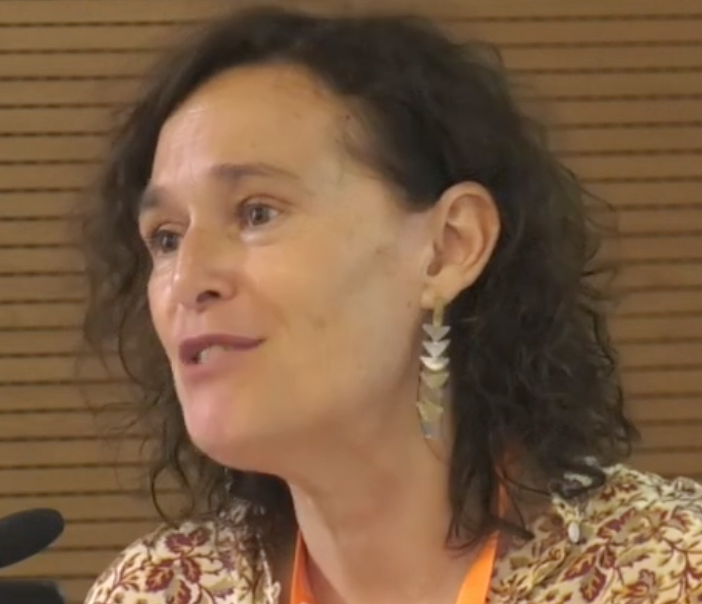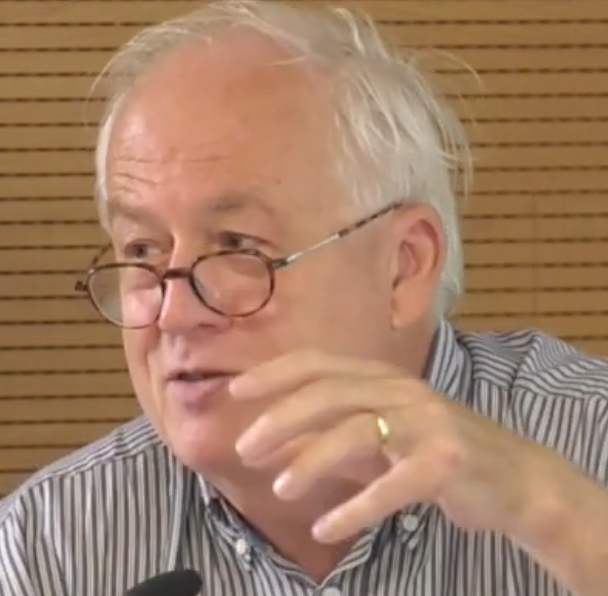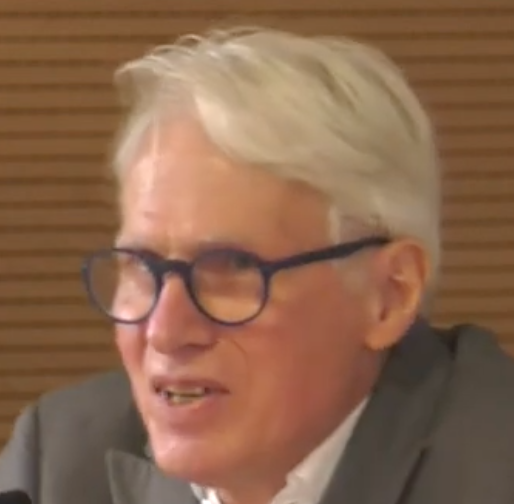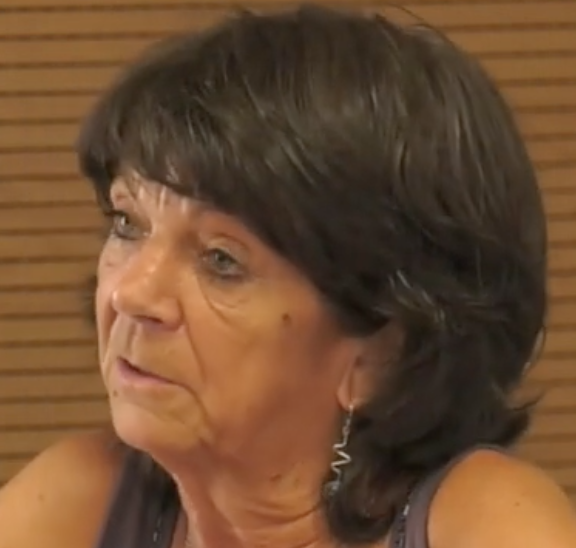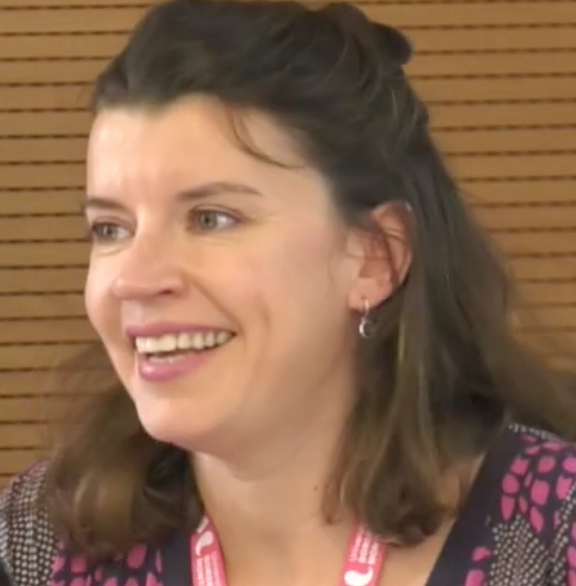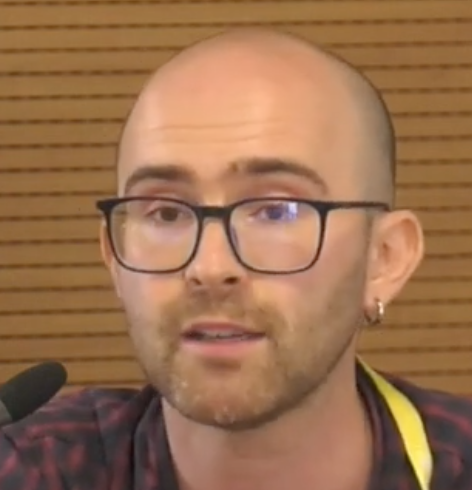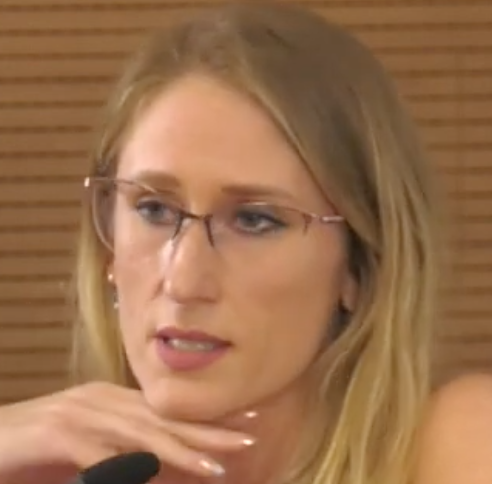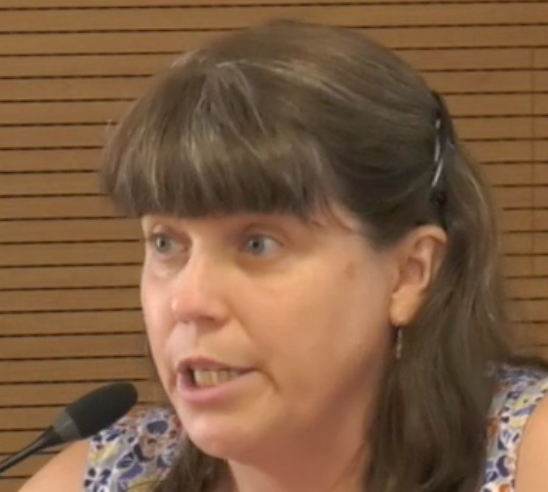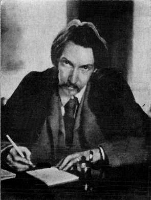Archive for November 2022
RLS 2022, Bordeaux: videos of the talks
OPENING ADDRESSES
.
.
.
WORDS AND MEANINGS: ‘PLEASURE’, ‘DELIGHT’, ‘CHARM’ etc.
Jean-Pierre Naugrette (Université Sorbonne Nouvelle-Paris 3), Stevenson and the Pleasure of Nightmares.
(pleasure associated with dozing off, dreams, nightmares, and romance)
.
.
Richard Dury (Honorary fellow, University of Edinburgh), Stevenson and Charm
(charm: meaning and importance for Stevenson)
.
.
.
Linda Dryden (Napier University), ‘I had learned to dwell with pleasure, as a beloved daydream, on the thought of the separation of these elements’: The thrill of being Mr Hyde.
(‘pleasure’ etc. in Jekyll and Hyde)
.
.
Caroline Crépin (Université de Lyon 3 et Paris 10), Seeking and hiding: the linguistic concealment of pleasure in R. L. Stevenson’s work.
(Jekyll and Hyde has the greatest concentration of the word ‘pleasure’, either deficient or excessive; half the cases in Stevenson’s works are negatively connotated, associated with shame and secrecy)
.
.
Lucio de Capitani (Ca’ Foscari University of Venice), ‘Greedy of all Pleasures’/ ‘Divinely Free from Malice’: Enjoyment and Ethics in Stevenson and Melville.
(erotic pleasure and learned humanity)
.
.
Caroline Howitt (Heriot-Watt University), Romance, Pleasure & Wellbeing.
(Stevenson associates pleasure with romance and style)
.
.
.
Pam Lock (Bristol University), ‘A favourable stage of drink’: Re-framing Robert Louis Stevenson’s approach to alcohol, health, and pleasure.
(ambiguous pleasures of alcohol)
.
.
.
PLEASURES OF READING STEVENSON: TEXTS AND GENRES
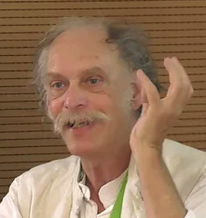
.
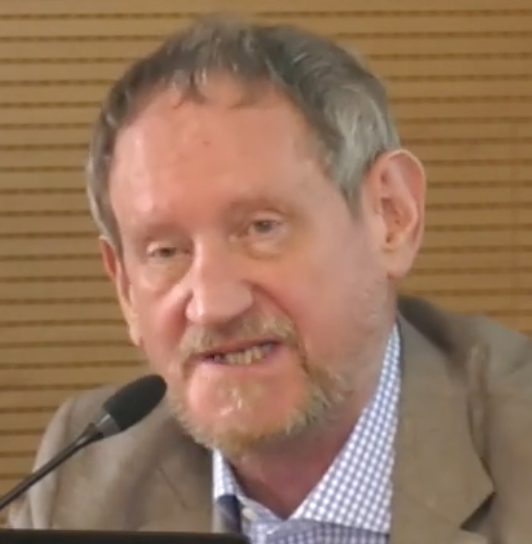
Richard Ambrosini (Roma Trè University), Robert Louis Stevenson, ‘Versifier’.
(Poetry)
.
.
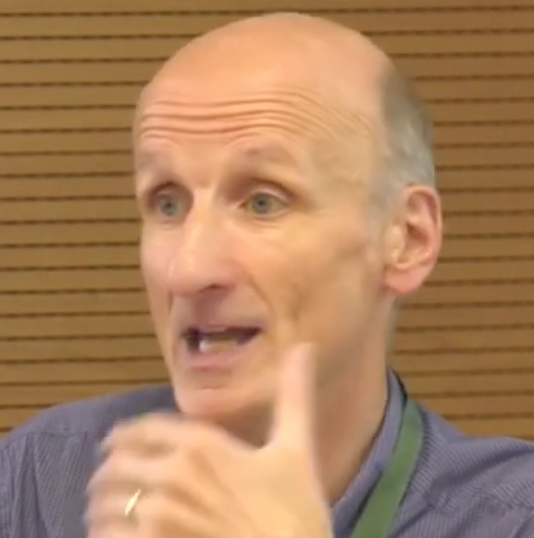
Burkhard Niederhoff (University of Bochum, Germany), The Pleasure of the Intertext: Aesthetic Self-Fashioning in ‘Providence and the Guitar’
(Stevenson’s play with excessive allusions)
.
.
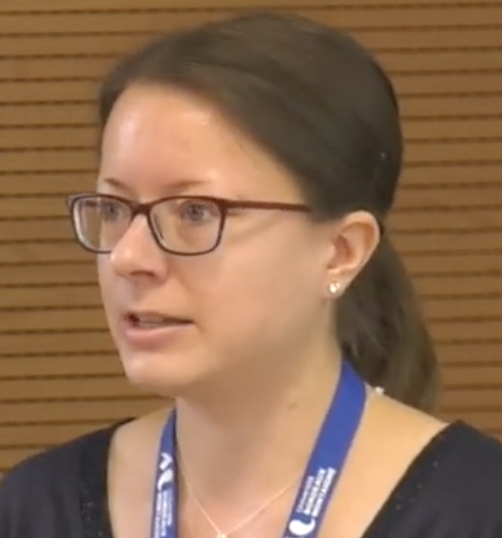
Lena Linne (Ruhr University Bochum), ‘[A] gaming-table, a duel, and a Roman amphitheatre’? Pleasure and The Suicide Club.
(Suicide Club: delight in the frightening experience shared by reader and characters)
.
.
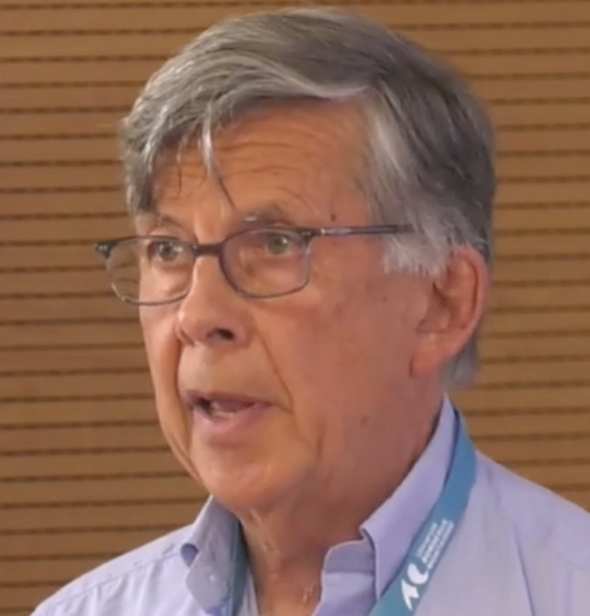
Andrew Brown (Société Historique de Maroilles), Robert Louis Stevenson and Pleasure in An Inland Voyage.
(reading An Inland Voyage; also In the Footsteps: N France)
.
.
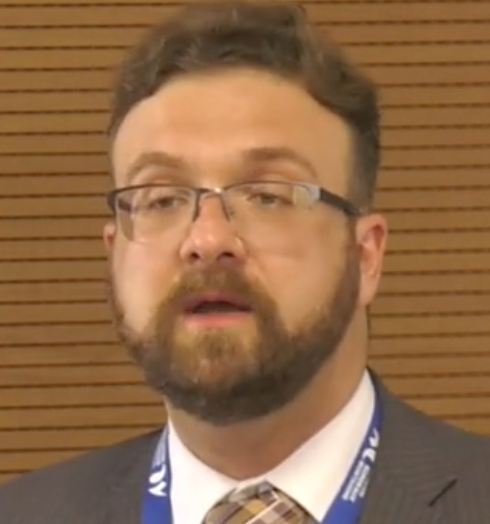
Adam Kozaczka (Texas A&M International University), Reenacting the ‘Excitements’ of Eighteenth-Century Scots Law in Stevenson’s Historical Novels
(Weir of Hermiston: its vibrant picture of Edinburgh legal life and Stevenson’s debt to Henry Coburn)
.
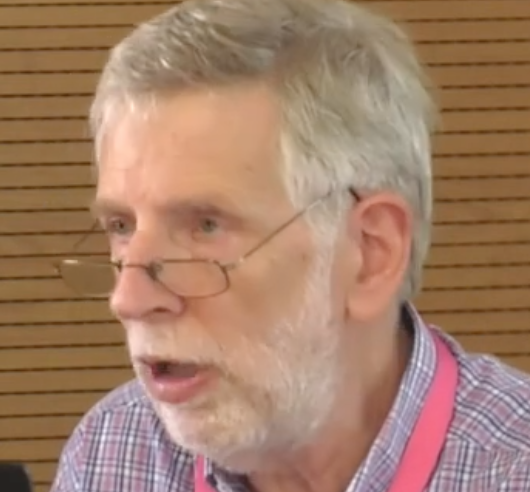
Martin White (European Cultural Route), The Hunting of the <Snark> Skelt.
(Stevenson’s striking images and diction and clear details in writings of the East Lothian coast)
.
.
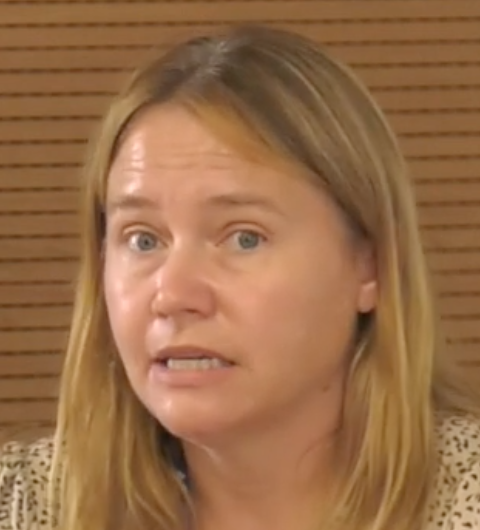
Audrey Murfin (Sam Houston State University), Pleasure for Profit: Opium in The Wrecker.
(The Wrecker: the perverse pleasure of profit and capital; Stevenson associates opium not with the Chinese but with American and European financial speculation)
.
.
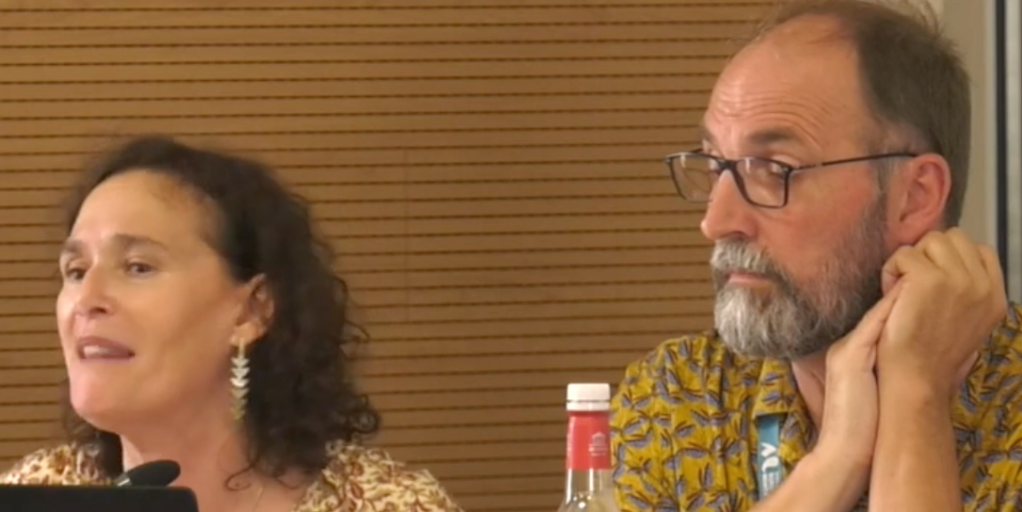
Xavier Amelot et Nathalie Jaëck (Université Bordeaux Montaigne), ‘But somehow it was never Treasure Island to me.’ The elusive climactic map of Treasure Island.
(the playfully elusive map in Treasure Island)
.
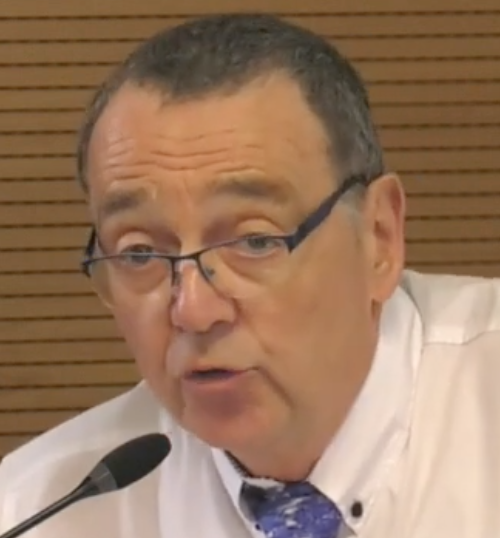
Patrick Antoniol (Université de Lille 3), Plaisir d’écrire, plaisir de lire, plaisir de classe : où sont les vrais plaisirs ?
(Stevenson and Maupassant: writers in the late nineteenth-century socioeconomic context)
.
.
PLEASURE AND TRAVEL (FOR STEVENSON, FOR READERS)
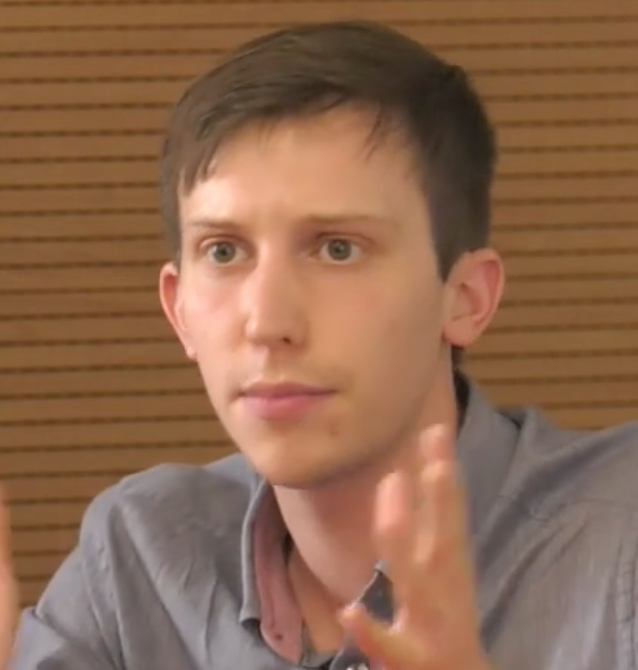
Kévin Cristin (Aix-Marseille Université), An ‘invalid marching to and fro upon the roads’: pleasure and exertion in Robert Louis Stevenson’s early travel narratives.
(Stevenson’s innovative early travel writing: outdoor adventures and celebration of the intensity of experience)
.
.
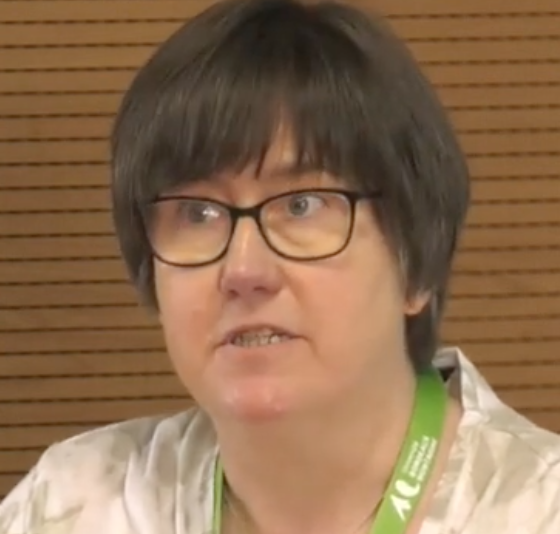
Penny Fielding (University of Edinburgh), Stevenson and the Pleasures of Cosmopolitanism
(rise of cosmopolitanism and its contradictions)
.
.
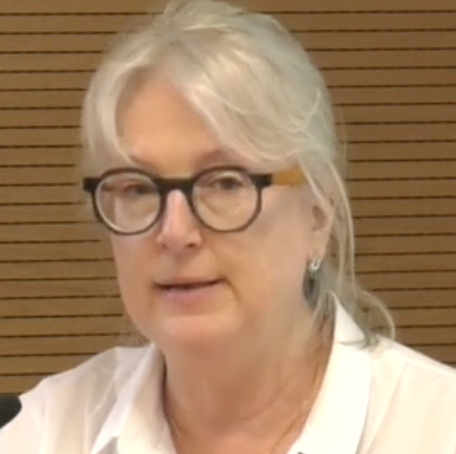
Lesley Graham (Université de Bordeaux), The pleasure of following Stevenson.
(followers after Stevenson in Scotland)
.
.
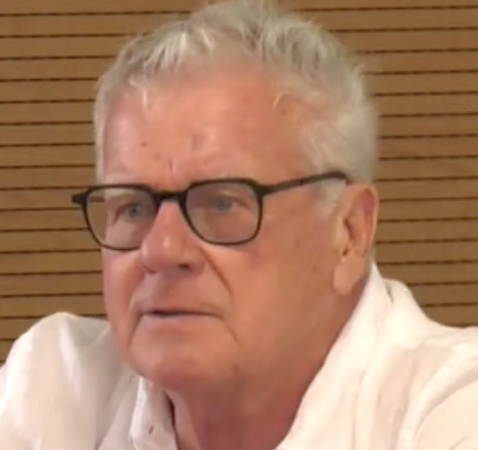
Thomson Moore Prentice (independent scholar), A Tale of Two Louis — Crossing Paths in the Cevennes.
.
.
BIOGRAPHY
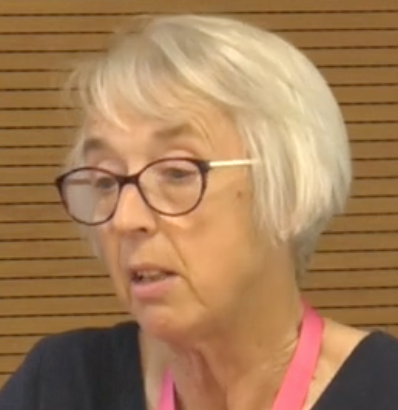
Ali Bacon (Independent scholar and writer), Mrs Sitwell, pleasure or pain?
.
.
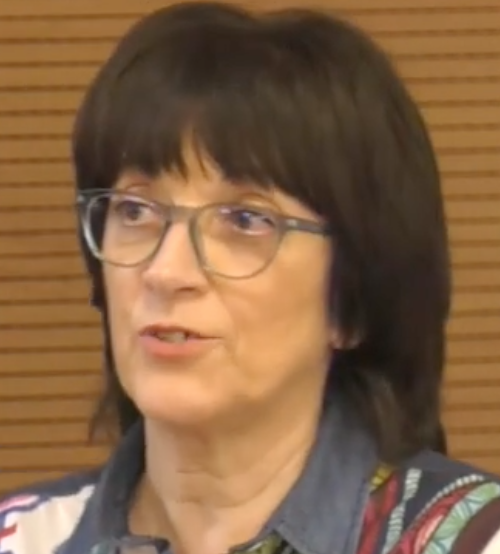
.
.
.
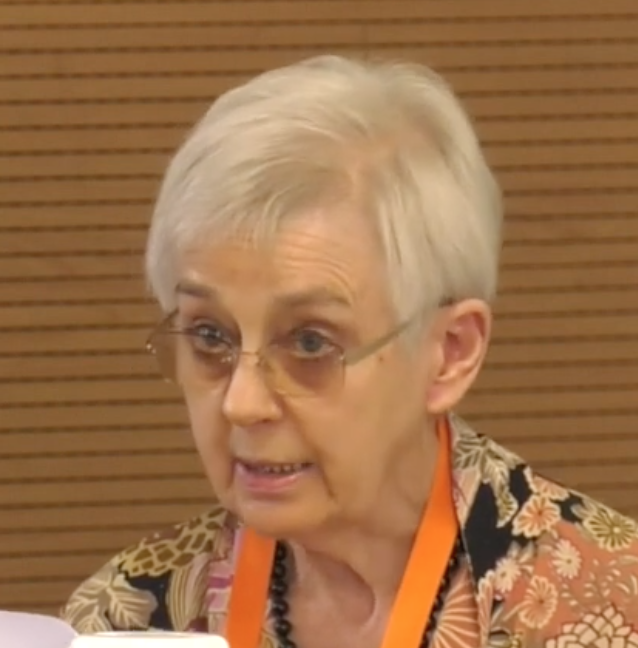
.
.
.
.
DERIVATIVE WORKS
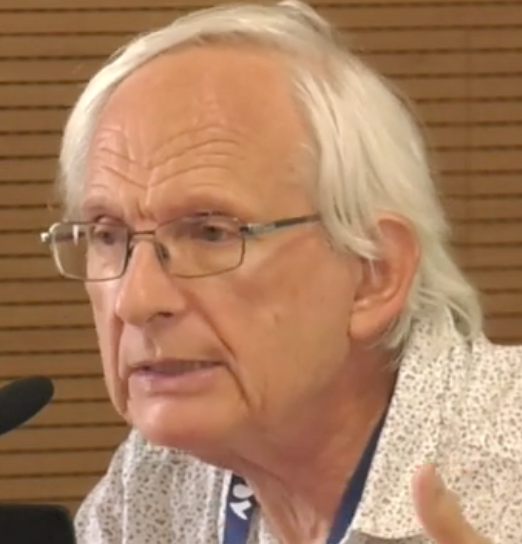
Gilles Ménégaldo (Université de Poitiers), Dreadful Pleasures in Some Filmic Adaptations of ‘The Body Snatcher’ (1884) and The Strange Case of Dr Jekyll and Mr Hyde (1886).
(Jekyll and Hyde: film)
.
.
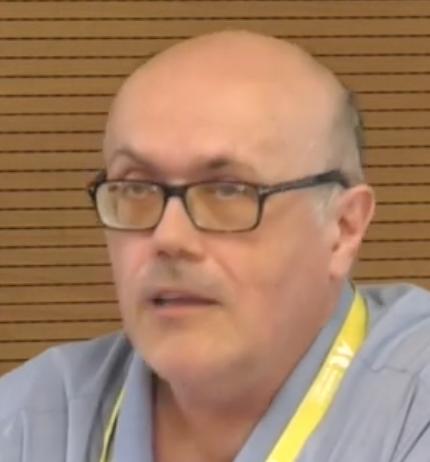
Jean-Paul Gabilliet (Université Bordeaux Montaigne), How Charles Crumb’s childhood obsession with Stevenson’s Treasure Island finally drove him crazy.
(Treasure Island: comic books, TV series, film)
.
.
.
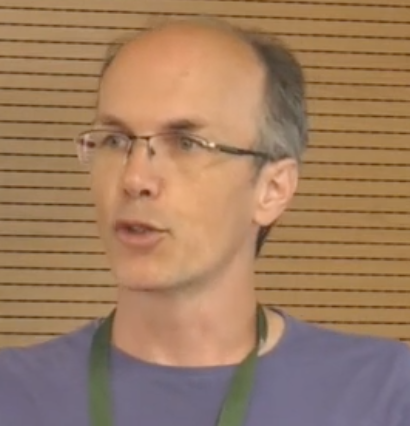
Nicolas Labarre (Université Bordeaux Montaigne), Playing the classics? The strange case of the Jekyll and Hyde video game adaptations.
(Jekyll and Hyde: video games)
.
.
Written by rdury
03/11/2022 at 9:23 pm
Posted in Conferences, Dr Jekyll and Mr Hyde, Essays, Fables, Lesley Graham, Linguistic aspects, News, Poems, poetry, Reception, RLS 2022, Robert Louis Stevenson, Robert-Louis Abrahamson, Short stories, Travels with a Donkey, Treasure Island, Weir of Hermiston
Tagged with Biography, Colloque Stevenson Bordeaux, In the footsteps, Stevenson and Pleasure
